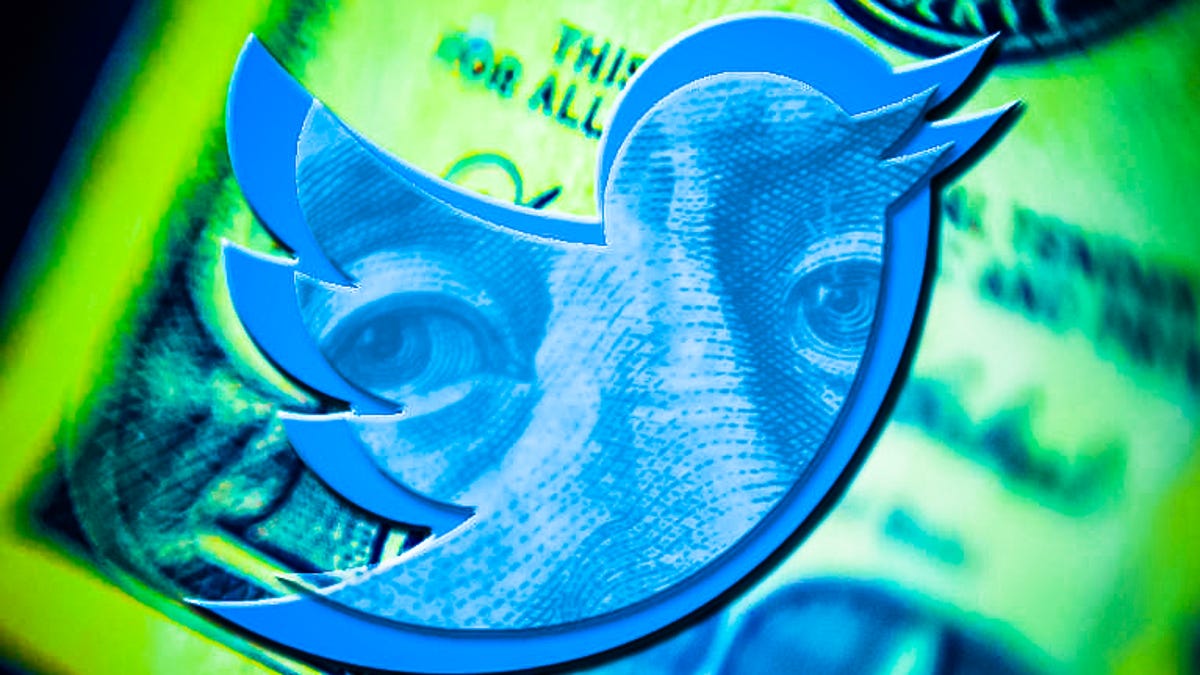Twitter boosts requirements for ads ahead of US midterm elections
It applies to ads about elections, or a laundry list of national political issues.

Now you can learn who's spending money on Twitter ads in governors races and on a host of political issues.
Twitter is expanding its requirements for political advertisers in the US.
The policy, announced Thursday, now extends to any political candidate in the US, not just federal candidates. That means, for example, that ads for the campaigns of dozens of gubernatorial candidates running this November must come from advertisers in the US, with their location certified by Twitter.
An example of what information Twitter will show its users about an issue ad.
What's more, advertisers must get certified if their ads focus on "legislative issues of national importance." That broad label applies to such issues as "abortion, civil rights, climate change, guns, healthcare, immigration, national security, social security, taxes, and trade," according to Twitter's blog post, which was penned by Del Harvey, vice president of trust and safety, and Bruce Falck, general manager of revenue product.
The update follows Twitter's announcement of an ad transparency center in June. The company first announced it'd require candidates for federal office to follow the certification rules in May.
Information about who's funded the ads will appear in the ad transparency center, as well as in users' timelines, "so that people will be able to clearly see who is promoting the ads and easily access more information," Harvey and Falck said.
Enforcement of the policy begins Sept. 30. It doesn't apply to news organizations promoting their reporting on political candidates or issues.

